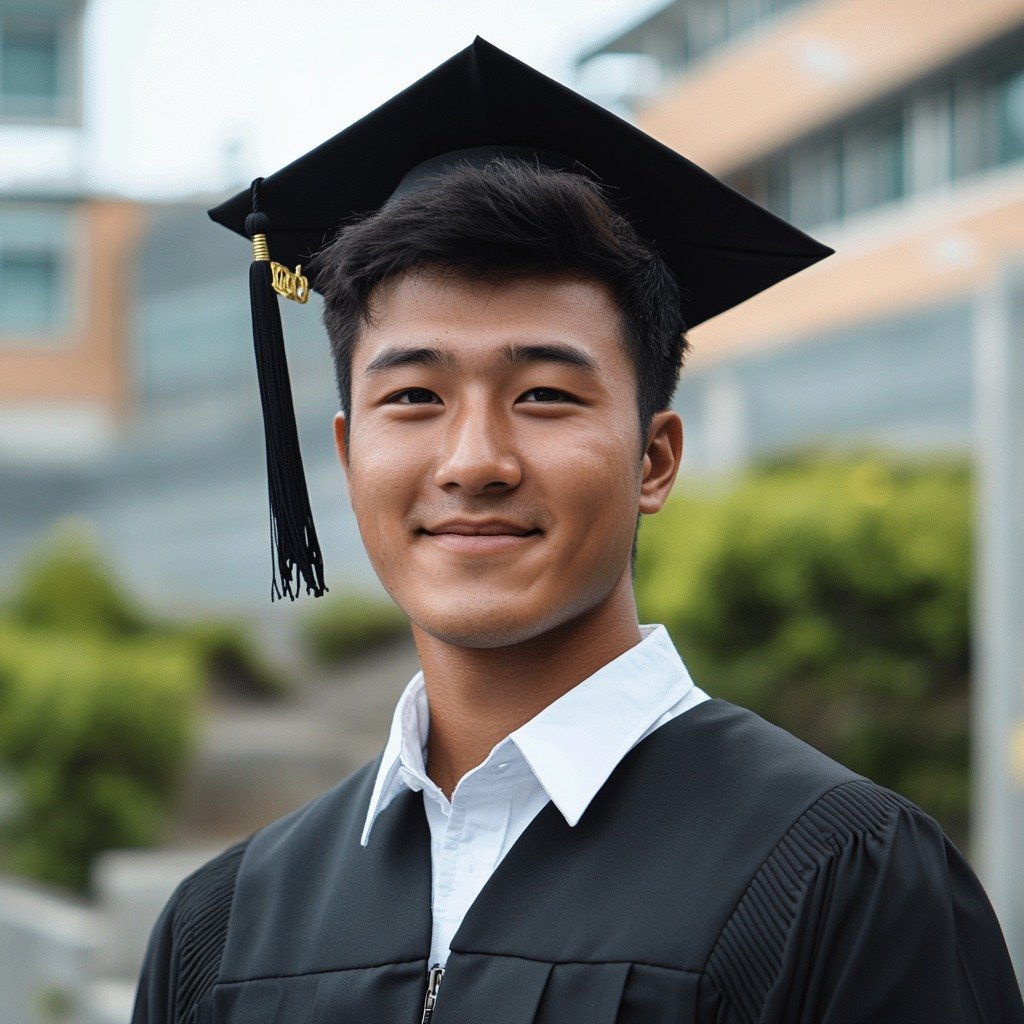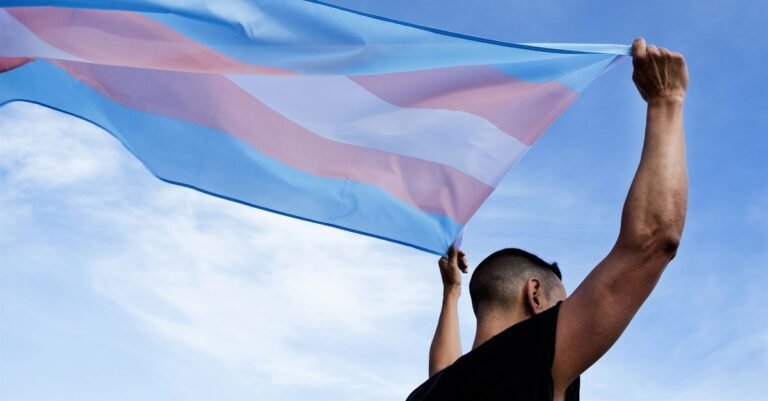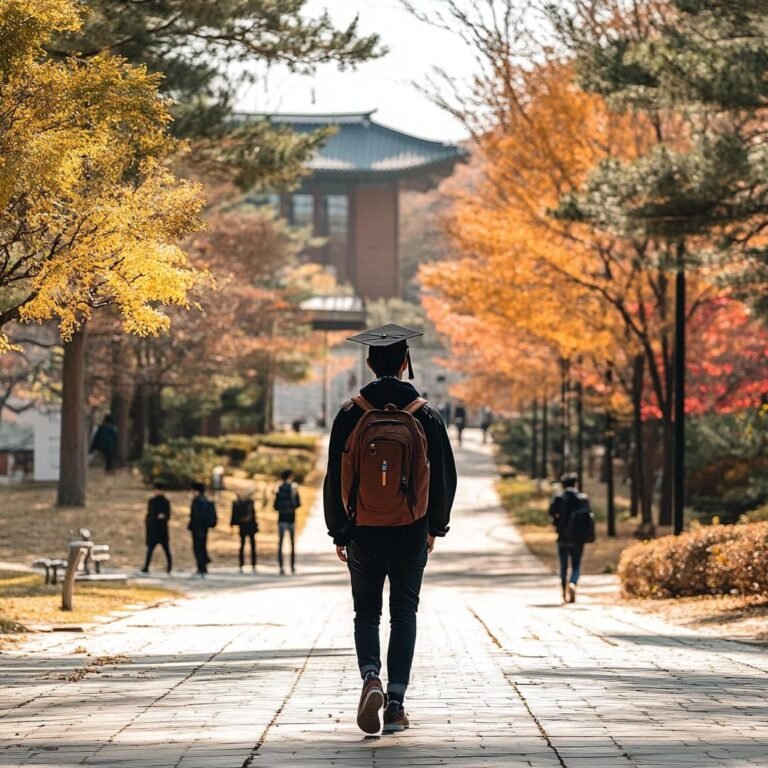Essential Qualifications for Nepali Students to Study in South Korea: Complete Guide
Have you ever dreamed of studying in a country known for its high-tech cities, beautiful landscapes, and rich culture? South Korea might just be the place for you! This guide will help Nepali students understand what qualifications they need to study in South Korea. Let’s explore the steps together.
Why Choose South Korea?
South Korea is famous for its excellent education system. Universities like Seoul National University and Korea University are known worldwide. Studying here means you’ll get a top-quality education. Plus, you’ll experience a unique culture, try delicious food, and maybe even learn a new language!
Also read about: How to apply for Study in korea from Nepal?
Academic Qualifications
Before you can study in South Korea, you need to meet some academic requirements.
- High School Graduation: You must have completed your higher secondary education (Grade 12) in Nepal. This is like finishing high school in South Korea.
- Good Grades: Universities look at your marks. It’s important to have good grades, especially in subjects related to what you want to study.
- Certificates and Transcripts: You’ll need official documents from your school. These include your graduation certificate and transcripts showing your grades.
Language Requirements
Language is an important part of studying abroad.
- Korean Language (TOPIK): Some programs are taught in Korean. If you want to join these, you’ll need to take the Test of Proficiency in Korean (TOPIK). Usually, a Level 3 or higher is required.
- English Language: Many universities offer courses in English. If you’re more comfortable with English, you can take tests like TOEFL or IELTS. Each university has its own score requirements.
- Language Courses: If you don’t meet the language requirements, don’t worry! Some universities offer language courses to help you improve before starting your main studies.
Financial Requirements
Studying abroad can be expensive. Here’s what you need to know:
- Tuition Fees: This is the cost of your classes. Fees can vary between universities and programs.
- Living Expenses: You’ll need money for housing, food, transportation, and other daily needs.
- Proof of Funds: When applying for a visa, you must show that you have enough money to cover your expenses. This can be a bank statement or a scholarship letter.
- Scholarships: Look for scholarships! The South Korean government and universities offer scholarships to international students. This can help reduce your costs.
Also read: How Much Bank Balance is Required for a South Korean Student Visa?
Visa Requirements
To study in South Korea, you’ll need a student visa.
- D-2 Visa: This is the visa for regular students enrolled in a degree program.
- Required Documents:
- Acceptance Letter: A letter from the university saying you’ve been accepted.
- Passport: A valid passport from Nepal.
- Application Form: You’ll fill out a visa application form.
- Photos: Passport-sized photos.
- Financial Proof: Documents showing you can pay for your studies.
- Health Certificate: Some embassies may require a health check.
- Visa Application: Apply at the South Korean Embassy in Nepal. It’s important to apply well in advance.
Application Process
Here’s how you can apply to study in South Korea:
- Research Universities and Programs:
- Find a university that offers the program you’re interested in.
- Check the language of instruction (Korean or English).
- Prepare Your Documents:
- Academic records, language test scores, recommendation letters, and a personal statement.
- Apply to the University:
- Submit your application before the deadline.
- Some universities may require an application fee.
- Wait for Acceptance:
- The university will review your application.
- If accepted, they’ll send you an acceptance letter.
- Apply for a Visa:
- With your acceptance letter and other documents, apply for a student visa.
Adjusting to Life in South Korea
Moving to a new country is exciting but can be challenging.
- Learn the Language: Knowing some Korean will help you make friends and navigate daily life.
- Cultural Differences: Be open to learning about South Korean customs and traditions.
- Join Student Groups: Universities often have clubs for international students.
- Stay Connected: Keep in touch with family and friends back home for support.
Conclusion
Studying in South Korea is a fantastic opportunity for Nepali students. By meeting the academic, language, financial, and visa requirements, you can embark on an exciting educational journey. Remember to plan ahead, stay organized, and don’t hesitate to ask for help when you need it. Good luck!
Read about: How Much Nepali Students Earn in Korea?
Let Us Assist You!
Are you ready to embark on your educational journey to Korea? Need help with university applications, scholarships, or visa processes? Contact our team of experts at Study in Korea from Nepal for personalized support and guidance.
From ensuring your applications are meticulously prepared to advising on the nuances of studying abroad, we’re here to assist you in every step. Don’t let the complexities of international education hold you back.
Contact us today to start your adventure in Korea!






